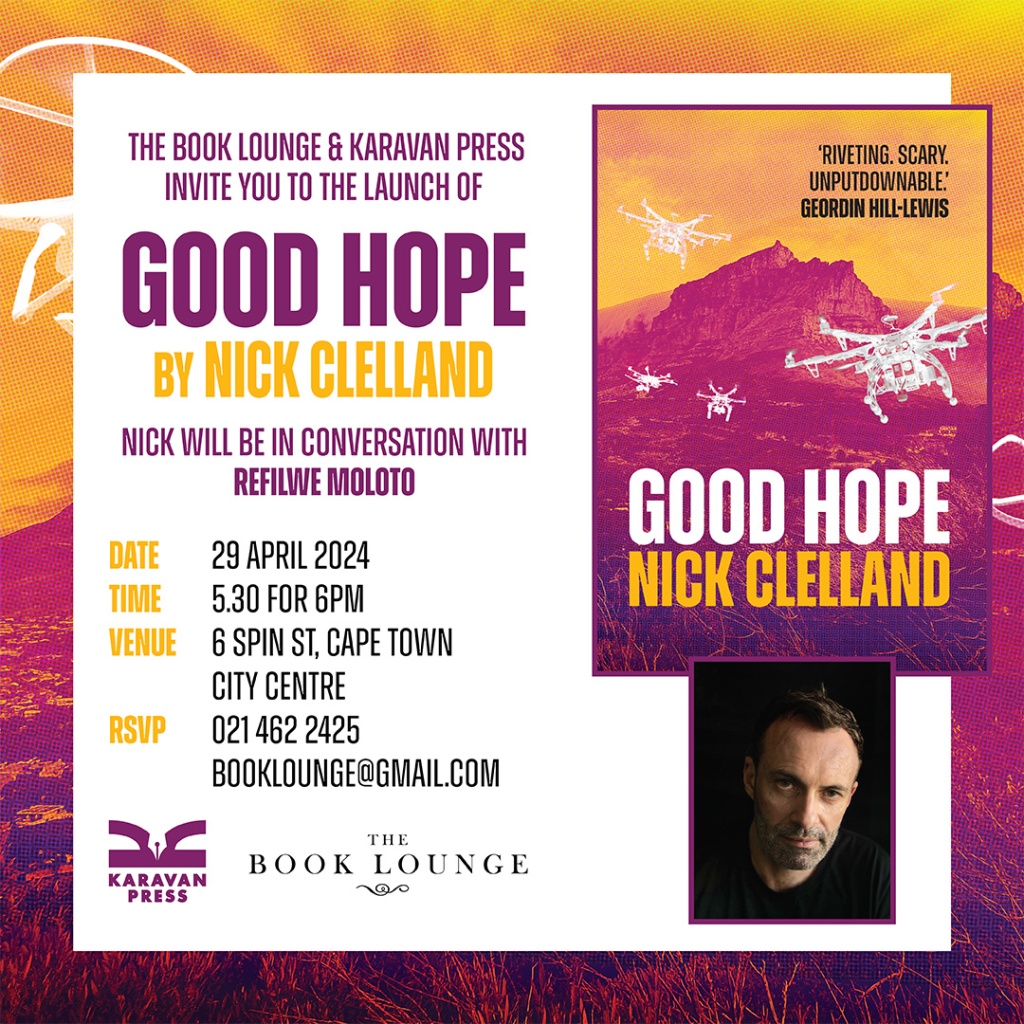The Franschhoek Literary Festival – 17 to 19 May – is just around the corner and it promises to be another exciting literary adventure. We are thrilled to be involved. You can listen to and meet Karavan Press at the following events:
FRIDAY
11:30-12:30 | [6] THE SOLACE OF STORY
OLD SCHOOL HALL
When the world is falling apart, a novel can help. John Maytham digs into the empathetic and cathartic power of fiction with Andrew Brown, whose new thriller, The Bitterness of Olives, is set against the backdrop of the Israel–Palestine crisis; and with Ian Sutherland, whose new historical novel Catastrophe deals with the Chernobyl nuclear meltdown of 1986.
13:00-14:15 | [18] THAT’S WHAT SHE SAID (Screening)
FRANSCHHOEK THEATRE
Natasha Sutherland’s inventive documentary begins by observing the making of a stage adaptation of Tracy Going’s book Brutal Legacy, in which she reveals her past experience of abusive relationships. It then documents the frank conversations that follow between members of the audience. A powerful social dialogue about men, women and violence.
14:30-15:30 | [26] GOOD THINGS IN SMALL PACKAGES
COUNCIL CHAMBERS
In an age of attention deficits, short fiction is in demand. Diane Awerbuck (Inside Your Body There Are Flowers) discusses the nuts and bolts of the form with three writers: Troy Onyango (For What Are Butterflies Without Their Wings), Frankie Murrey (Everyone Dies) and Dawn Garisch (What Remains).
16:00-17:00 | [32] TURNING THE TIDE
CONGREGATIONAL CHURCH
Anti-GBV awareness campaigns are not stopping the war waged on women by violent men. What will? How will the codes of South African masculinity be rewritten? Tracy Going (Brutal Legacy) speaks to Andy Kawa (Kwanele, Enough!) and Joy Watson (Striving for Social Equity).
SATURDAY
10:00-11:00 | [47] A HOME IS NOT A HOUSE (Screening)
FRANSCHHOEK THEATRE
Written by Lester Walbrugh (Elton Baatjies) and directed by Earl Kopeledi, this short film is a bold exploration of Cape Town’s class and race chasms – and the weight of personal histories. Three homeless people are tasked with retrieving a hard drive from a beachside bungalow. They stick around to luxuriate, but then it gets complicated …
Lester Walbrugh and Earl Kopeledi will give a short Q&A after the screening.
13:00-14:00 | [61] THE GRIM READER
CHURCH HALL
“No two people ever read the same book”, reckoned literary critic Edmund Wilson. Even so, a writer’s imaginary reader can become a singular presence — one that variously needs to be defied, satisfied, seduced or erased. 2023 Sunday Times Literary Awards winner, C.A. Davids (How to Be a Revolutionary) swaps notes on readers with Karen Jennings (Crooked Seeds), Ivan Vladislavić (The Near North) and Craig Higginson (The Ghost of Sam Webster).
13:00-14:00 | [64] SIGNS OF A STRUGGLE
HOSPICE HALL
Sponsored by Pam Golding Properties
Thobeka Yose (In Silence My Heart Speaks) tells Sara-Jayne Makwala King about her experience of parenting a transgender child – and of understanding her child’s attempted suicide. How can parents of teenagers recognise a crisis, and fight the transphobia that inhibits teens from seeking help?
14:30-15:30 | [71] IN THE THIRST PERSON
CHURCH HALL
Having good sex is apparently easier than writing good sex scenes. But that’s not rocket science, surely? Letlhogonolo Mokgoroane juggles the ins and outs of high-end lit smut with Busisekile Khumalo (Sunshine and Shadows), Joy Watson (The Other Me) and Kobby Ben Ben (No One Dies Yet).
SUNDAY
10:00-11:00 | [88] THE WRITE THERAPIST
OLD SCHOOL HALL
Sewela Langeni gathers three writers who have grappled with personal trauma: memoirists Thobeka Yose (In Silence My Heart Speaks) and Margie Orford (Love and Fury); and Megan Choritz in Lost Property, a work of fiction. Does the ordeal of writing a painful history dispel the pain, and how?
10:00-11:00 | [92] STUCK IN THE MIDDLE
HOSPICE HALL
Sponsored by Pam Golding Properties
Claustrophobic tensions drive the acclaimed new novels by Booker long-listed Karen
Jennings (whose Crooked Seeds proceeds from the discovery of human remains on a
family’s land) and Nick Mulgrew (whose Tunnel traps a random group of travellers in
a Cape highway tunnel). Both of these taut literary thrillers conjure unnerving versions
of South African reality. Karina Szczurek will ask them to dig deep.
11:30-12:30 | [96] HOW TO GRIP
CHURCH HALL
Being unputdownable is a delicious dream for most fiction writers, but a rare knack. Still, some of the narrative tricks that make for a one-sitting read can be acquired, as Danielle Weakley learns when speaking with Femi Kayode (Gaslight), Fiona Snyckers (The Hidden) and Nick Mulgrew (Tunnel).
For the full programme, click here:
Tickets:












































































